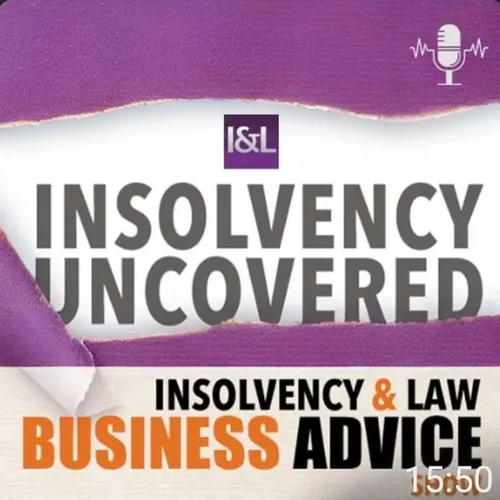The Kroll Advisory Standoff: Why Loan Note Holders Are Being Blocked
- Author
- Insolvency & Law
- Published
- Fri 22 Aug 2025
- Episode Link
- None
When companies collapse, creditors rely on collective action to protect their interests. But in the case of the 79th Group, Kroll Advisory is blocking Insolvency & Law from acting on behalf of loan note holders through valid assignments.
In this episode, we unpack:
Why creditor assignments matter for influence and accountability
Kroll Advisory’s reliance on “no transfer” clauses to shut out representation
The legal flaws in this interpretation under English law
What loan note holders stand to lose if collective action is blocked
The sharp contrast between Kroll’s closed approach and Grant Thornton’s more open stance
The insolvency process should empower creditors, not shield administrators from scrutiny. If loan note holders cannot act collectively, they risk losing their strongest tool at the very moment it is needed most.
If your loan note redemptions are overdue, contact Insolvency & Law’s investigations team at [email protected].
Disclaimer: Insolvency & Law Ltd is not a firm of solicitors or licensed insolvency practitioners and does not provide legal advice, investment advice, or any regulated services under the Legal Services Act 2007 or the Financial Services and Markets Act 2000. All content published by I&L relating to The 79th Group, including blogs and podcasts, is provided free of charge for general information and educational purposes only. Therefore, it must not be relied upon as professional advice.
Where appropriate, I&L may take legal assignment of loan notes issued by The 79th Group companies in its own name, for the purpose of enforcement and recovery. In such cases, I&L bears all associated costs and risks, and the original loan note holder is fully insulated from legal expense and liability.
